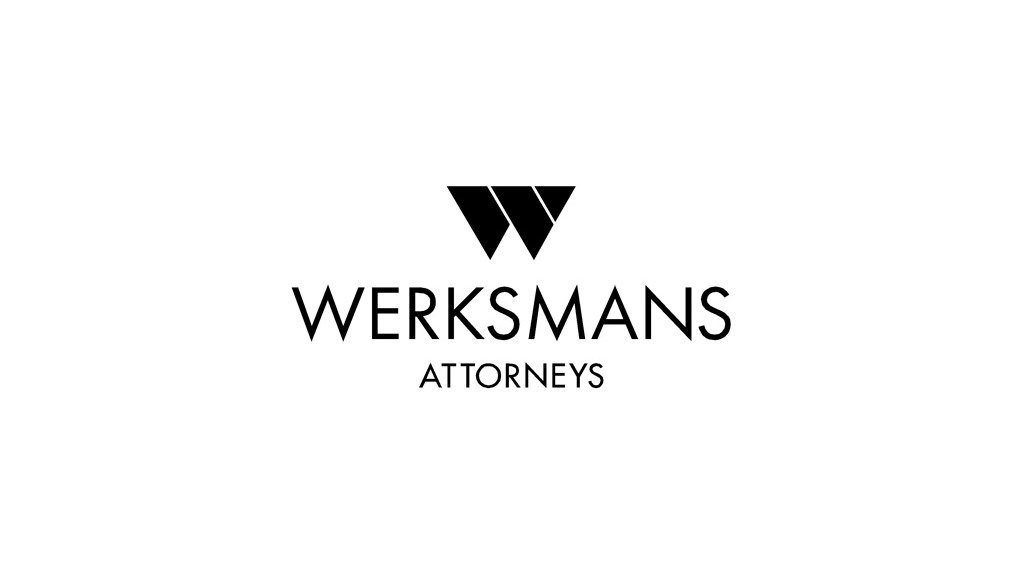It is critical for business owners to be aware of what is expected of them during this time in order to avoid unnecessary clashes with law enforcement agencies and to remain in operation especially insofar as the rendering of “essential services” is concerned.
This article provides clarity in three grey areas which have led to unwarranted business closures given the mis-interpretations and mis-implementation of the law.,
What is the duty of employers to provide a safe working environment to employees?
The Occupational Health and Safety Act No. 85 of 1993 (OHSA) requires an employer to provide a working environment that is safe and without risks to the health of employees. According to OHSA, employers must conduct a risk assessment to determine employees' risk of exposure to the virus. The Department of Labour anticipates that employers are able to take engineering controls such as installing air filters, increasing ventilation rates, installing face shields etc. Employers should also take administrative controls such as encouraging sick workers to stay home, minimising the number of workers on site, and minimising physical contact among workers.
Employers must also encourage their employees to comply with safe work practices such as regular hand-washing and provide appropriate facilities such as hand sanitisers and alcohol-based hand rubs.
Personal protective equipment (PPE) includes surgical masks, gloves, respirators and similar equipment which is intended to minimise the wearer's risk of contraction. The use of PPE is recommended as a supplementary measure to the above. The type of PPE required must be specific to the occupational hazards to employees as well as the duties the employees perform.
While employers are encouraged to take all reasonable steps within their available resources to ensure the safety of their employees, there is nothing in the regulations that specifically mandates employers to provide PPE such as masks or gloves to their employees.
Which kinds of gatherings are prohibited, and can businesses be shut down as a form of gathering?
Within days of announcing a national state of disaster, President Ramaphosa had imposed a ban on public gatherings of more than 100 people. A “gathering” is defined in the Regulations as any assembly or procession on a public road or in any building or premises which is wholly or partially in the open air and includes premises used for entertainment, sporting, funeral, recreational, religious or cultural purposes. However, this restriction was extended to all public gatherings once the lockdown commenced. This means that no public gatherings are allowed at all, irrespective of the number of attendees. Funerals are an exception - according to Regulation 11B(8), funerals with a maximum of 50 attendees are allowed, albeit only with permits. The broad definition of “gatherings” is arguably necessary to cover every form of public gathering, however, it has in some cases led to confusion, with law enforcement officers attempting to shut down businesses because there were more than 100 employees on site.
Although it is conceivable that a business operation may technically fall within the definition of a gathering, it is clear that the prohibition on gatherings should not be used to force the shutdown of businesses operating as essential services. The provisions for essential services to continue operating would be rendered moot by such an interpretation.
It is hoped that future regulations will make this distinction clearer in order to avoid any unnecessary litigation or expenditure of state resources. As stated above, there are no hard and fast limitations on the number of employees allowed to be present on site, but employers must limit that number as much as possible and ensure that all working employees are in fact performing essential services.
What are essential goods and services?
The list of essential goods and services can be found in Annexure B to the Regulations. This list has been revised numerous times as the government adapts to the developing situation and as businesses have sought clarity on whether or not they qualify as essential or not.
The latest amendment to the Regulations, dated 16 April, added certain call centres to the list, including call centres necessary to provide health, safety, social support, government and financial services, as well as information and communication technology services. Businesses are encouraged to consult the list to ascertain whether the regulations allow them to continue operating or approach the Companies and Intellectual Property Commission (“CIPC”) for clarification.
Recent regulations have also taken cognisance of the fact that certain ancillary products, such as packaging or chemical supplies which are necessary in the production of essential goods, must also remain in production. It is likely that the list of essential goods will continue to be amended in the future as government plans progressively to re-introduce new industries back into the economy.
As regulations are amended and tweaked, it is essential that concomitant training is conducted in order to assist law enforcement officers to understand the meaning and import thereof. Perhaps more importantly, is the need for the executive to communicate clearly, its rationale and basis for the imposition of regulations. There must be a rational and proportional connection between the regulation, and the flattening of the COVID-19 curve.
Ultimately, the delicate balance lies in all sectors of society contributing towards flattening the curve, and maximising the ability of businesses to continue creating and keeping jobs. This balance is complex enough, without an added burden of having businesses shut for spurious and unlawful reasons by under-capacitated law enforcement officers.
Written by Bulelwa Mabasa, Director at Werksmans Attorneys
EMAIL THIS ARTICLE SAVE THIS ARTICLE ARTICLE ENQUIRY
To subscribe email subscriptions@creamermedia.co.za or click here
To advertise email advertising@creamermedia.co.za or click here











